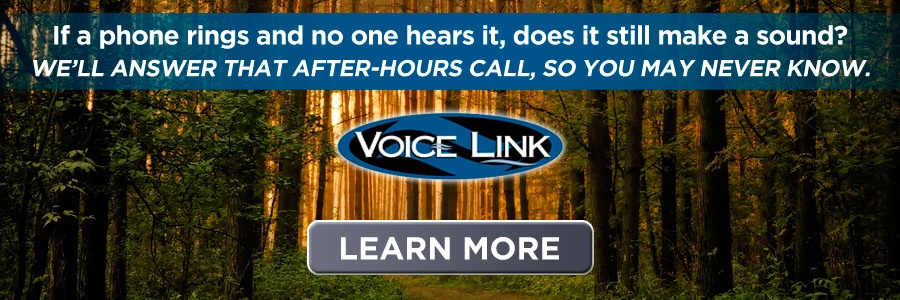Blog
What’s The Difference Between A Call Center And An Answering Service?

Call Center
Call centers and answering services both answer incoming calls for businesses and can make outbound ones too. However, outbound calls may be more frequent with call centers that provide telemarketing services. When you receive calls from telemarketers offering an unsolicited service or product, for example, they are most likely originating from a call center on behalf of the client that’s selling that service or product.
Call centers may also handle customer service requests and complaints, process orders or cancellations. Because call centers may process more sales related tasks like telemarketing, the average call duration is often longer than a minute or two. Often suitable for larger, commercial clients, call centers may be capable of handling larger call volumes but don’t always operate around the clock.
Answering Service
A common perception is that answering services tend to offer more personalized customer service, and this can often be the case. Live answering services employ operators that function much like virtual receptionists who handle incoming calls, take messages, direct urgent calls to the appropriate person, and dispatch services when needed. The receptionists at live answering services also often schedule appointments, book reservations, or even screen job candidates for the businesses they represent.
Businesses across all industries use professional answering services in order to improve customer service by better managing calls. For example, medical or healthcare practices, service providers, legal firms, real estate professionals, and funeral homes are some of the industries that commonly use answering services today to attend to their clients 24 hours a day, 7 days a week.
Answering service representatives follow a script based on information and preferences of the client they’re representing to help answer callers’ questions. By promptly assisting callers with information, live answering services aim to provide 24/7 customer support so that the business client can avoid unnecessary distractions and focus on their work at hand. The average call duration with an answering service is relatively short, usually one-to-two minutes, as they’re able to either answer callers questions quickly or route the call to the client if needed.
A quality live answering service will know a business well enough to discern if a call is of an urgent nature or not. For example, a live answering service will know to notify an on-call physician when a call comes in with a patient in distress, but won’t forward calls about directions to the physician’s office.
The key to determining whether a call center or live answering service would better benefit your business is to ask about their typical customer service experience. Better customer service equals better customer acquisition and retention and is an investment in the growth of your business. When your customer feels you value them enough to place them in the best hands, they’ll be more likely remain committed to placing their needs in your hands.
How your calls are handled reflects on the reputation of your business, and using the right live answering service can make the difference between losing and keeping a customer. With an 82% referral rate, Voice Link provides live answering services that will exceed your expectations. Request information online or call us at (800) 262-2799 for a free consultation.


